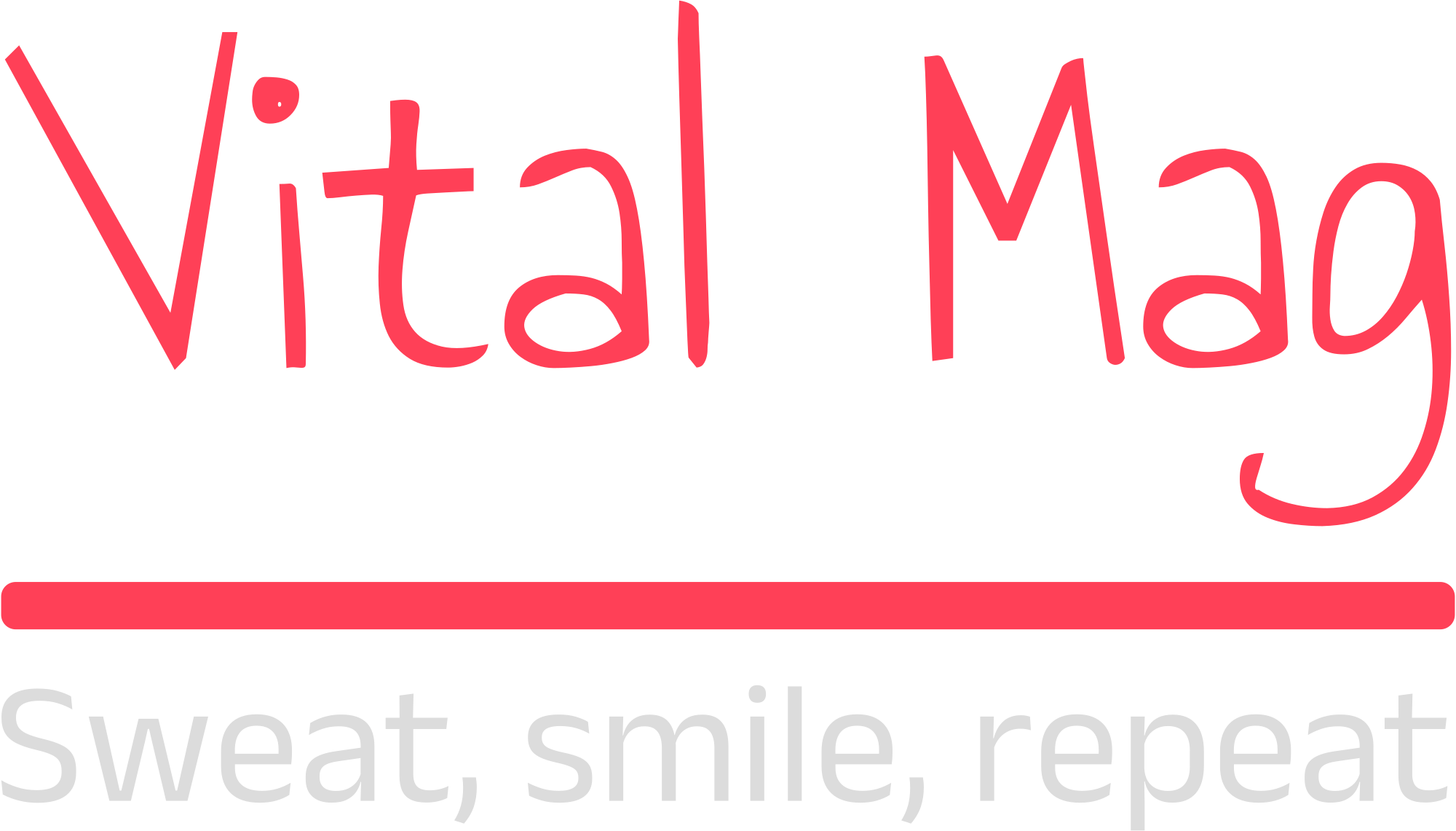Nutrition Diet Plan
Are you looking to kickstart your journey to a healthier lifestyle? In my latest article, I’ll be diving into the world of nutrition diet plans. From debunking common myths to highlighting the benefits of a well-rounded diet, I’ve got you covered.
Embarking on a nutrition diet plan can seem daunting, but with the right guidance, it can be a game-changer for your overall well-being. Join me as I break down the essentials of creating a sustainable and effective nutrition plan tailored to your goals and lifestyle.
Whether you’re aiming to lose weight, improve your energy levels, or simply adopt healthier eating habits, understanding the fundamentals of nutrition is key. Stay tuned for valuable insights and practical tips to help you navigate the realm of nutrition diet plans with confidence.
Importance of Nutrition
Impact of Nutrition on Health
Proper nutrition is vital for maintaining optimal health.
Nutrient-rich foods support immune function and overall well-being.
Inadequate nutrition can lead to nutrient deficiencies and health complications.
Benefits of a Balanced Diet
A balanced diet provides essential nutrients for the body.
It aids in weight management, energy levels, and mood stability.
Consuming a variety of foods promotes overall health and disease prevention.
|
Key Points |
Data/Statistics |
|
Immune function support |
essential |
|
Weight management |
essential |
|
Disease prevention |
essential |

Components of a Healthy Diet Plan
Macronutrients
In a healthy diet plan, Macronutrients play a crucial role. These include proteins, carbohydrates, and fats. Proteins are essential for building and repairing tissues, while carbohydrates provide energy. Fats are important for hormone production and nutrient absorption. Balancing these Macronutrients is key to supporting overall health and energy levels.
Micronutrients
Micronutrients, such as vitamins and minerals, are essential for various bodily functions. Vitamins like vitamin C and vitamin D support immunity and bone health, while minerals like iron and calcium are vital for metabolism and bone strength. Including a variety of fruits, vegetables, and whole grains in your diet ensures micronutrient adequacy.
Water Intake
Adequate Water Intake is a fundamental component of a healthy diet plan. Hydration is essential for optimal bodily functions, including digestion, nutrient absorption, and temperature regulation. Staying hydrated helps maintain energy levels and supports overall well-being. Remember to drink enough water throughout the day to stay hydrated and healthy.
Creating a Personalized Diet Plan
Setting Goals
When setting goals for my personalized diet plan, I focus on specific, measurable, achievable, relevant, and time-bound objectives. This approach helps me stay motivated and track my progress effectively.
Meal Planning
I prioritize balanced meals that include a variety of nutrient-dense foods like fruits, vegetables, lean proteins, and whole grains. Planning ahead not only ensures that I make healthier choices but also saves time and money in the long run.
Tracking Progress
To track my progress, I use food journals or nutrition apps to monitor my daily intake and make adjustments as needed. Regular measurements and progress photos are also essential for evaluating my success and staying accountable.
By setting clear goals, planning nutritious meals, and tracking my progress consistently, I can tailor a personalized diet plan that fits my lifestyle and helps me achieve my health and wellness goals.

Common Mistakes to Avoid
Skipping Meals
Skipping meals may seem like a quick fix for weight loss, but it can actually slow down metabolism and lead to overeating later on.
Overeating
Overeating, especially on unhealthy foods, can derail progress and lead to weight gain. Portion control and mindful eating are key to maintaining a healthy diet.
Not Drinking Enough Water
Water is essential for overall health and can help regulate appetite. Not drinking enough water can sometimes be mistaken for hunger, leading to unnecessary snacking.
Ensuring a successful nutrition diet plan involves avoiding common pitfalls like skipping meals and overeating. These mistakes can hinder progress and lead to weight gain. It’s crucial to focus on portion control and mindful eating to maintain a healthy balance. Additionally, staying hydrated by drinking enough water is key for overall health and appetite regulation. By being mindful of these factors, you can optimize your diet plan for better results. Remember, small changes can lead to significant improvements in your overall well-being.

Ann is a beacon of inspiration and knowledge in the health blogging community, known for her holistic approach to wellness that combines mindful nutrition, balanced fitness routines, and mental health awareness. With a passion for empowering her readers to achieve their healthiest selves, Ann shares practical advice, easy-to-follow recipes, and personal anecdotes that make navigating the journey to wellness accessible and enjoyable.

